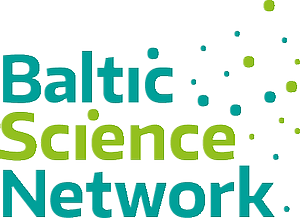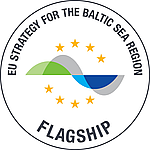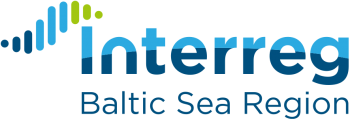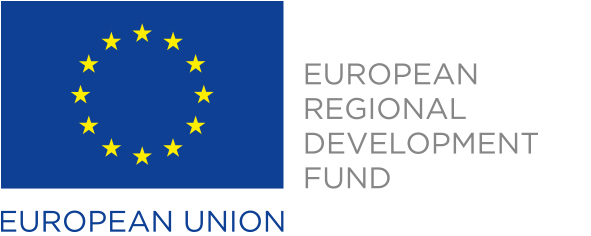News
- Details
- Published: 17 January 2017
In December 2016, the Lithuanian Research and Higher Education Monitoring and Analysis Centre (MOSTA) launched a survey in order to map Baltic Sea Region-wide academic and researchers' mobility trends. It is one of the most visible actions of the Baltic Science Network's dynamic work. If Baltic Science Network´s national workshops provided a qualitative dimension to the drafting of transnational academic and research mobility tools, then survey led by MOSTA will ensure a quantifiable basis for the Baltic Science Network's drafted policy recommendations.
Last months of 2016 were marked by intense public consultations of Baltic Science Network (BSN) members with the academic and research community, as well as business sector representatives interested in advancing their research and development potential. These discussions were taking place in order to map the existing challenges and obstacles which the Network should address in order to unleash the full potential of macro-region´s academic and research excellence.
The conclusions and recommendations from the national workshops will be further discussed in the upcoming transnational workshops. Namely, the Danish Agency for Science and Higher Education (DASHE) will host a BSN workshop on transnational cooperation in science and research in the Baltic Sea Region on 18 January 2017 in Copenhagen. BSN will be discussed also during the CBSS conference Baltic Sea Science Day on 8 February 2017 in St Petersburg. On 10 February 2017, MOSTA will host a BSN workshop on researcher mobility in the Baltic Sea Region in Vilnius.
Although Baltic Sea Region is already a competitive area which hosts some of the world´s biggest research infrastructure projects (such as the European XFEL which is the world's largest X-ray laser), there is still room for improvement left in order to make the most out of the impressive pool of brainpower hosted by the macro-region´s research and academic institutions. BSN´s core belief is that facilitated circulation of academics and researchers across the Baltic Sea Region would help to ensure higher competitiveness of research institutions based in the macro-region, as well as ensure more efficient management of the academic and research talent pool.
In order to improve the overall academic and research performance of the Baltic Sea Region and close the remaining gap in research performance, BSN is complementing the qualitative consultation process with a quantitative component, namely, survey tailored for academics, researchers as well as transnational mobility experts which is led by MOSTA.
The commitment of BSN members to deliver a considerable pool of responses is marked, for example, by the Saint-Petersburg State University of Economics´ (UNECON) organised dissemination of the survey to 100 research institutes and universities based in the North Western Region of the Russian Federation. Another example how BSN strives to invite as many researchers, academics as possible is the extension of the survey not solely to national networks of the Council of the Baltic Sea States´ (CBSS) Member States but also dissemination of the survey in close cooperation with domain specific networks, such as EU PolarNet and Association of Polar Early Career Scientists (APECS).
Cooperation with EU PolarNet also serves as a telling example regarding the relevance of BSN´s work which in pure geographic terms holds a potential to impact research dynamics beyond the mere Baltic Sea Region borders. This idea was first introduced in the context of the CBSS Secretariat´s hosted meeting of the Four Regional Councils of the North (as outlined in the Northern Notes #46). The results of MOSTA´s led BSN survey will serve as a valuable source of information in which directions BSN could be able to advance its transnational excellence proposals, thus where it holds a potential to create European and international-level wide disruptions of academic and research performance trends.
The EUSBSR community is welcomed and encouraged to support BSN aspirations in tearing down the remaining obstacles restraining the academic and research performance in the Baltic Sea Region by actively promoting the survey and engaging in it both target audiences. By such specific actions we are jointly contributing to two of the macro-regional goals “increase prosperity” and “connect the region”. In other words, through joint qualitative discussion and quantitative mapping focused on identifying the existing hindrances of academic and research mobility, BSN and its stakeholder community is helping to build policy tools to ensure reinforced cooperation between the research and academic centres in the region, where mutual learning and transfer of best practices would contribute to raising the competitiveness of each of the engaged institutions.
The survey offers a separate template for research and academic mobility experts from managing authorities (accessible here), as well as a separate template for academic and research community representatives (accessible here).
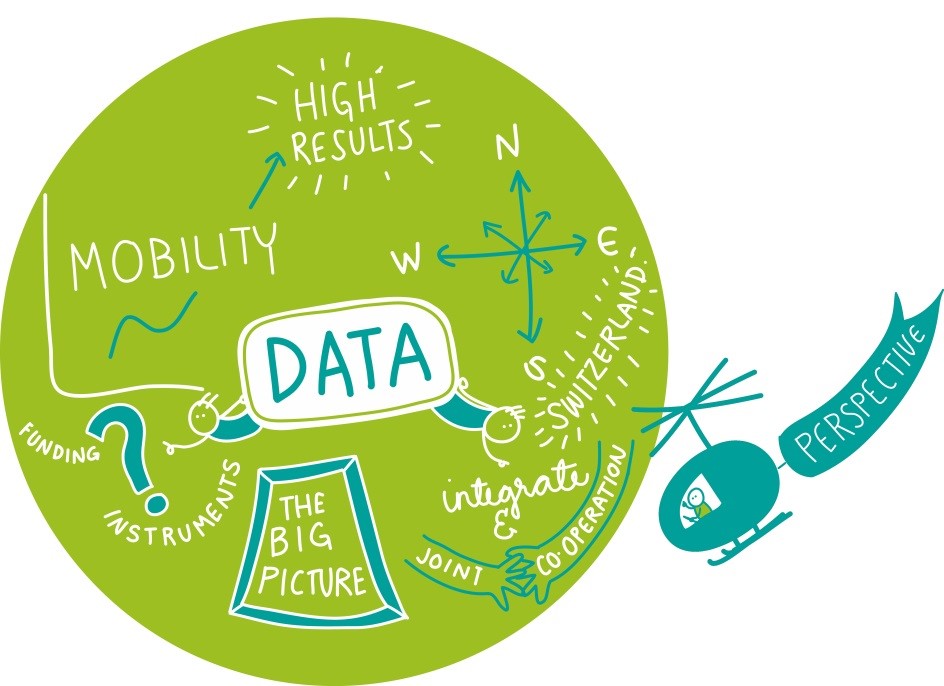
Graphic recording by Raquel Benmergui.
More information:
Zane Šime, Communication & Researcher Coordinator for the Baltic Science Network,
Council of the Baltic Sea States´ Secretariat
This email address is being protected from spambots. You need JavaScript enabled to view it.
+46 8 440 19 25




